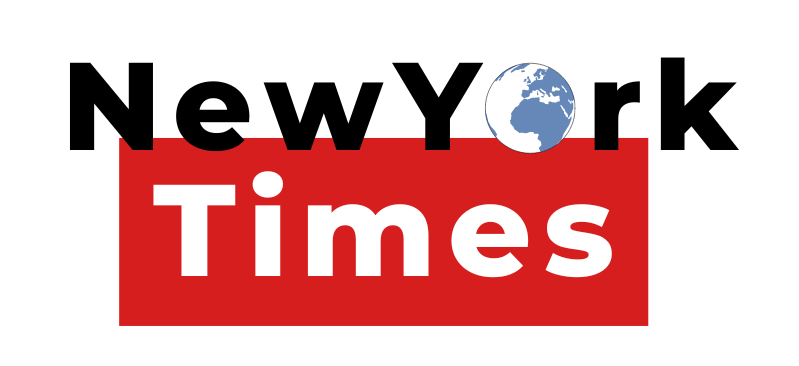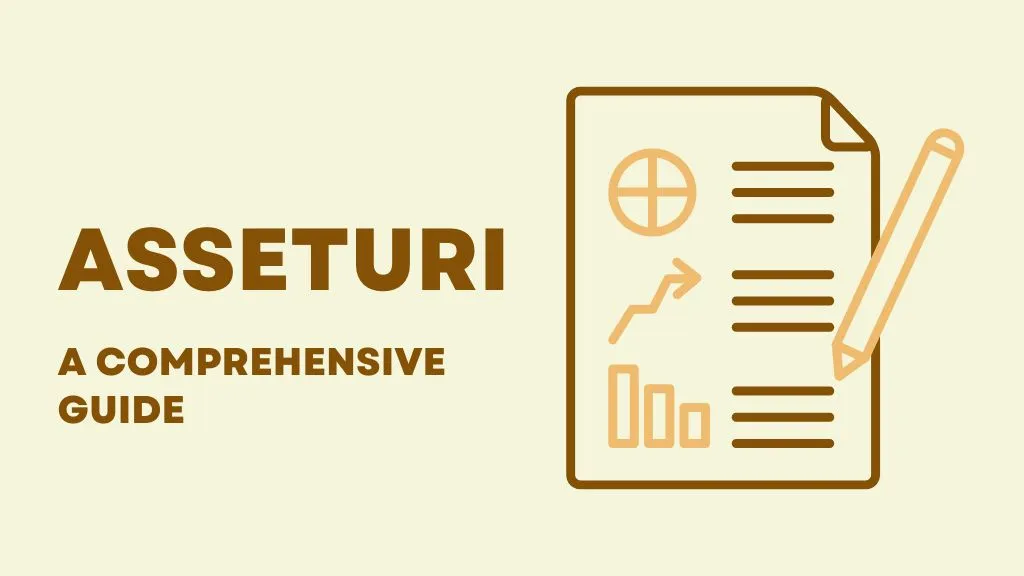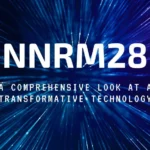Asseturi is a term that refers to assets in a digital or physical form, commonly used in various industries, including finance, technology, and business. These assets can include anything from intellectual property to real estate and cryptocurrencies.
Understanding the concept of asseturi is essential for individuals and companies who want to manage their resources effectively. This article will break down what asseturi is, how it is used, its types, benefits, and potential drawbacks. Let’s dive into this concept to provide a clearer understanding of asseturi and its significance.
What Is Asseturi?
Asseturi can be defined as any item or resource, either tangible or intangible, that holds value and can be owned or controlled by an individual, company, or organization. This could include traditional forms of assets like property, cash, and investments, as well as newer types like digital files, intellectual property, and cryptocurrencies.
How Are Asseturi Managed?
Asset management is the key to utilizing these resources efficiently. In the financial world, asset management involves balancing risk and reward by choosing the right mix of assets.
Technology plays a huge role in modern asset management, allowing businesses to track and manage assets in real-time using software solutions. Whether physical or digital, keeping a close eye on asseturi is crucial for maintaining their value over time.
Why Are Asseturi Important?
The importance of asseturi lies in their ability to drive growth, stability, and profitability. Assets are the foundation upon which businesses are built, providing the capital and resources needed to generate revenue. In personal finance, managing assets wisely can lead to long-term financial security.
How Do Asseturi Affect Business Decisions?
For companies, asseturi shape many business decisions. Businesses look at their assets when determining how to expand, hire employees, or invest in new technologies. Financial reports often focus on assets to judge the health of a company.
Companies with strong asset bases are seen as stable, while those with fewer assets may face challenges securing loans or investments.
What Are the Types of Asseturi?
Asseturi can be classified into various types, each with its own characteristics and management requirements. Below are the main categories of asseturi:
Tangible Asseturi
Tangible assets include physical items such as real estate, machinery, equipment, and inventory. These are the assets that can be touched, seen, and measured. They tend to depreciate over time but still hold value and are essential for daily operations in manufacturing, retail, and more.
Intangible Asseturi
Intangible assets are resources that do not have a physical form but provide value. Examples include patents, trademarks, copyrights, and goodwill. These assets can play a significant role in increasing a company’s market value. For instance, a company with strong intellectual property may be worth more than a similar company without such assets.
Digital Asseturi
In recent years, digital assets such as cryptocurrencies, NFTs (non-fungible tokens), and digital artwork have gained immense popularity. These assets exist in electronic form and can be traded or stored like any other asset. Digital asset management has become a growing field, as individuals and companies need to protect and track their digital holdings.
Financial Asseturi
Financial assets include stocks, bonds, cash, and any other form of money-related resource. These assets are the backbone of personal and corporate finance. Managing financial assets wisely is key to achieving growth, security, and financial success.
How Do You Measure the Value of Asseturi?
Determining the value of asseturi is a critical task, especially for businesses and investors. Different types of assets require different valuation methods.
Methods for Tangible Assets
Tangible assets, such as buildings and machinery, are often valued based on their market value or replacement cost. Depreciation is a factor to consider, as these assets lose value over time.
Methods for Intangible Assets
Intangible assets can be trickier to value. Factors such as the duration of a patent, the market for intellectual property, and the potential future revenue all play a role in determining the value of intangible assets. For example, a company’s brand can be worth millions, even though it doesn’t physically exist.
Methods for Digital Assets
The value of digital assets, especially cryptocurrencies, can fluctuate wildly. Their valuation often depends on market demand, technological developments, and regulatory changes. Tools like blockchain analytics are used to track and assess the value of digital asseturi.
What Are the Benefits of Asseturi?
Understanding and managing asseturi brings multiple benefits to both individuals and businesses.
| Benefits of Asseturi | Description |
| Growth and Stability | Assets provide a foundation for financial growth and long-term stability. |
| Revenue Generation | Well-managed assets can generate consistent revenue for companies and individuals. |
| Investment Opportunities | Owning assets opens the door to further investments and wealth-building options. |
| Business Expansion | Companies can use assets to expand their operations, hire more employees, or enter new markets. |
| Improved Decision-Making | Asset valuation helps in making informed business and investment decisions. |
How Do Assets Help in Wealth Creation?
Assets are crucial in wealth creation, as they generate value and income over time. By investing in real estate, stocks, or digital assets, individuals and companies can see their wealth grow without active involvement. This allows for financial security and freedom.
What Are the Potential Risks of Asseturi?
While asseturi provide significant advantages, they also come with potential risks. Understanding these risks is important for effective asset management.
Depreciation of Assets
Tangible assets such as machinery or vehicles lose value over time due to wear and tear. This process, known as depreciation, reduces the overall worth of the asset. Companies must regularly assess and account for depreciation to maintain accurate financial records.
Market Fluctuations
Financial and digital assets are subject to market volatility. For example, the stock market or cryptocurrency market can be highly unpredictable, leading to sudden drops in value. This risk requires constant monitoring and careful planning to avoid significant losses.
Cybersecurity Concerns
Digital asseturi, especially cryptocurrencies, face unique risks related to hacking and cyberattacks. Ensuring secure storage and transferring these assets is a top priority to prevent financial loss.
How Is Technology Impacting Asseturi?
Technology plays a huge role in the management, security, and growth of asseturi. Advanced software systems help businesses track and manage physical, financial, and digital assets more efficiently.
Asset Management Software
Companies often use asset management software to keep track of their resources. This software provides detailed reports on the value, usage, and depreciation of assets. For digital assets, blockchain technology has been a game-changer, offering secure and transparent methods for asset tracking.
Blockchain Technology
Blockchain is especially useful for managing digital assets like cryptocurrencies. It ensures a secure and transparent way of storing data, preventing fraud and allowing real-time tracking of asset movements. Many companies are adopting blockchain to streamline their operations and secure their digital assets.
Conclusion
Asseturi play an essential role in the functioning of modern businesses and personal finance. Whether tangible, intangible, or digital, managing assets wisely can lead to long-term success and security. Companies and individuals must understand the value and risks associated with their assets to make informed decisions.
With technological advancements like blockchain and asset management software, the future of asseturi looks promising. By keeping a close eye on assets and making smart investments, businesses and individuals can achieve growth, stability, and financial success.



